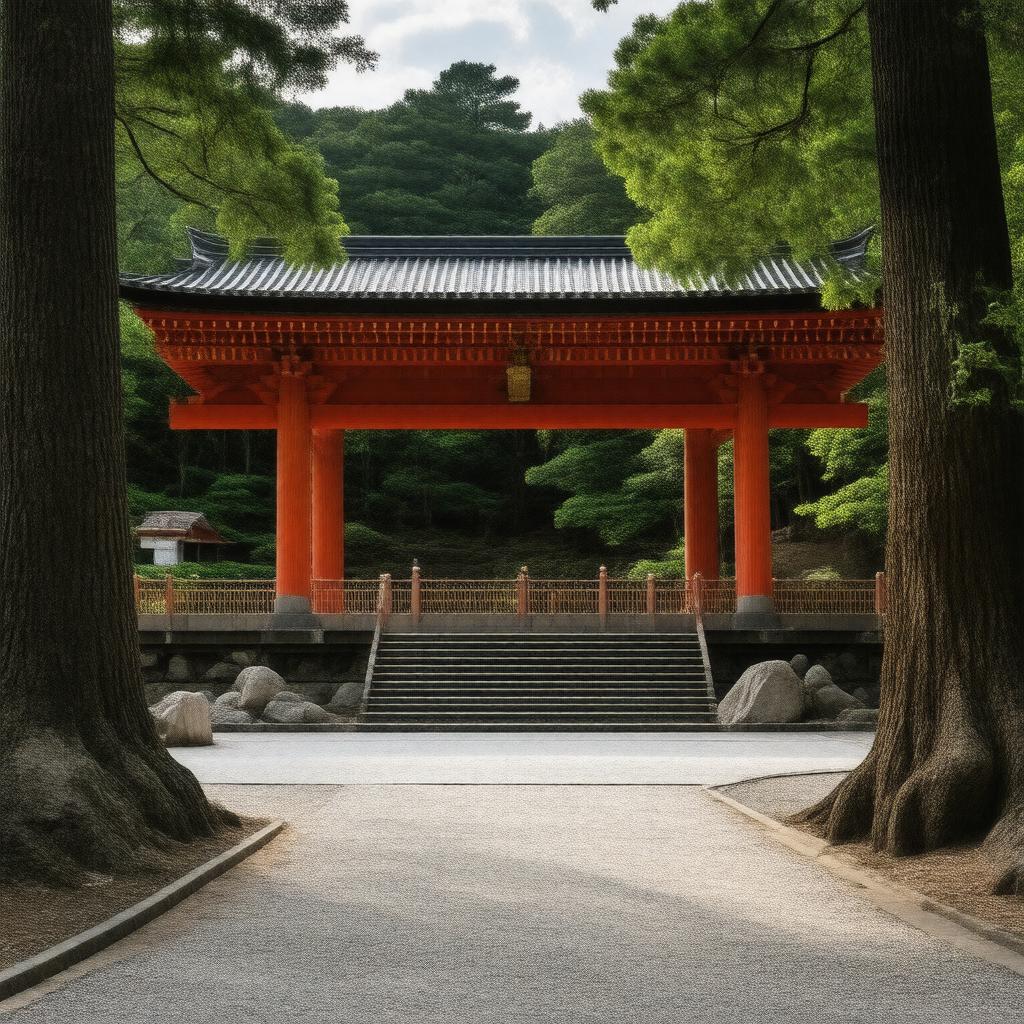Prompt
"Generate an image of the Ise Grand Shrine, a Shinto shrine, located in a serene forest, with traditional Shinmei-zukuri architecture, surrounded by a sacred forest, featuring the Naikū and Gekū shrines, with a Japanese cypress construction, and a glimpse of the Uji Bridge and Isuzu River in the background, under a tranquil atmosphere."

